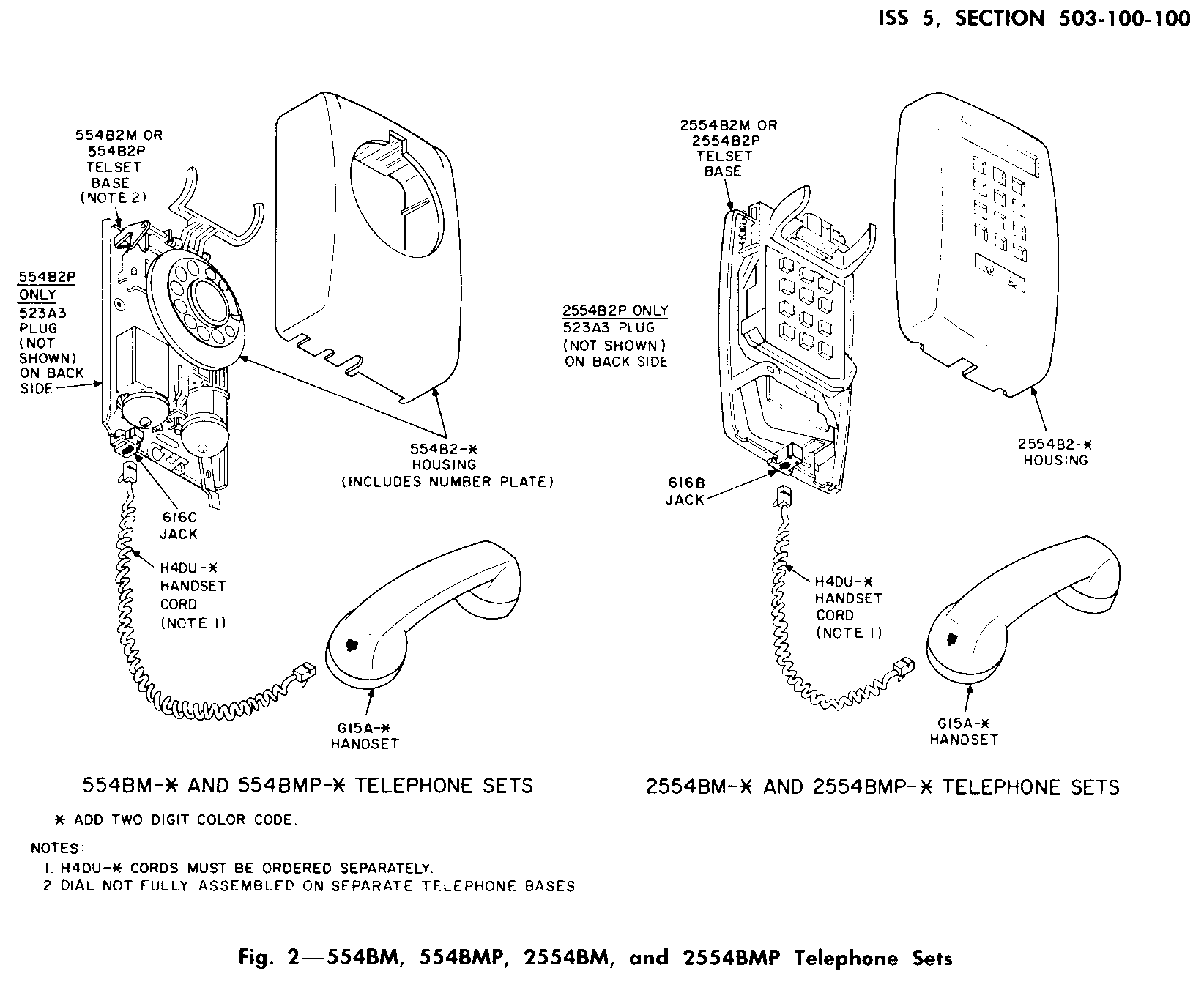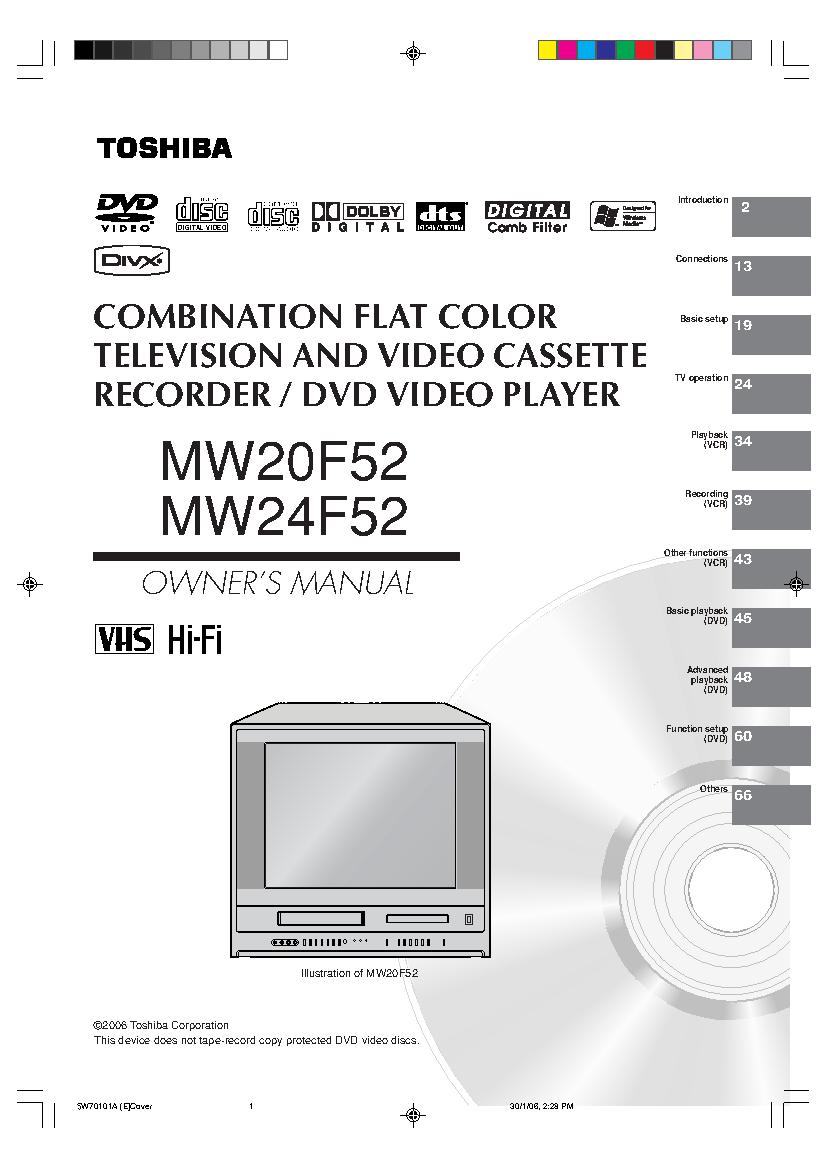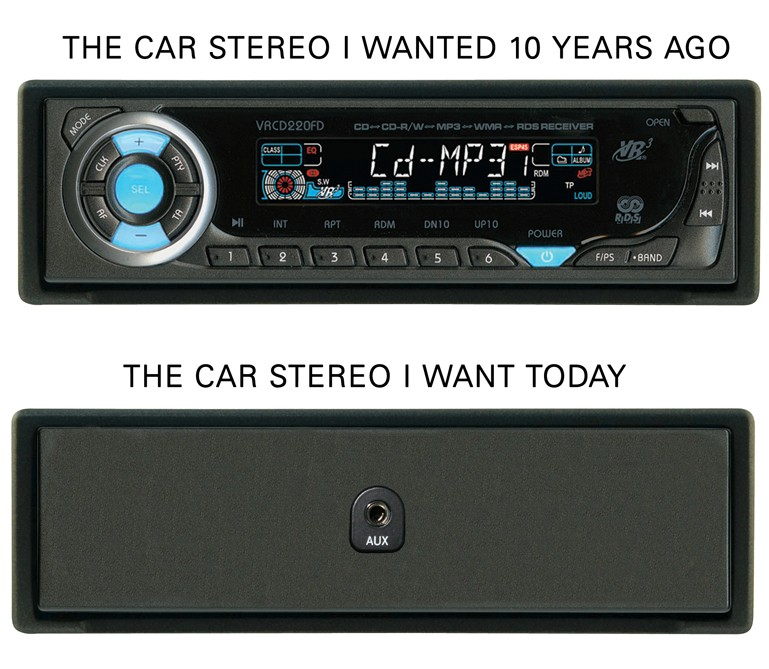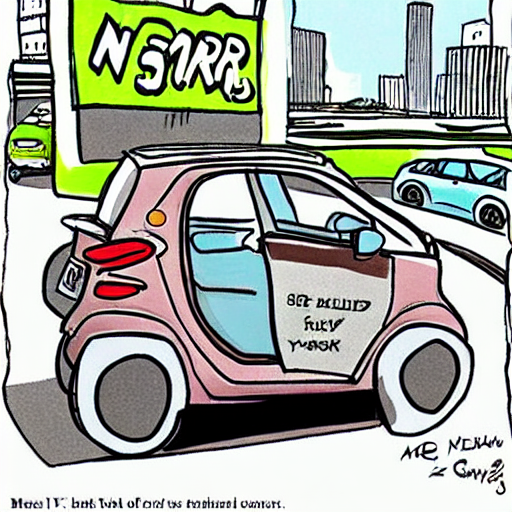I am old enough to remember the wall-mounted telephone. Provided by the telephone company, it was a fixture in the house for years — the same as every other Bell customer. As "cell phones" became a thing anyone paying attention realized that land lines were an endangered species. Whenever a person places a call they aren't interested in calling a location. People call a person. The destination is not the hardware at a fixed point. The ability to have a device which comes with us, that allows communication that transcends a fixed point, is a positive thing.

At the recent API days in San Francisco the focus was on the "connected car". The discussion centered around bringing "Internet-like" connected services into people's automobiles, enabling a new series of apps and services. Irakli Nadareishvili recapped many of his thoughts on his blog.
He correctly identifies market fragmentation being a problem. When it comes to cars it is not a matter of developing for IOS or Android. There are seemingly as many efforts as there are car makes. But that is not the worst part. The more troubling thing Irakli mentions is his first bullet point:
"There is a disconnect between mobile and automotive industry life-cycles."
In 2013, the auto industry sold north of 15 million vehicles in the United States. Compare that to 120 million smartphones in the same time. The average US person, during the recent recession, averages a new car every 10 years. Meanwhile people are upgrading their phones every two years.
This deviation in upgrade cycles is not something the auto manufacturers can hope to surmount. It's akin to the folly of the all-in-one tv/vcr/dvd console. On the surface, who doesn't want a simple, single package?

The initial logic, like cars running their own custom OS's, initially stands. However, it crumbles badly over time. When something breaks (or new advances, like Blueray or flat panels occurs) people now either need to replace the entire unit, or they end up running the wires to an external box they had hoped to forgo. Modularity of components is future proofing; the obsolescence of a purchase doesn't happen at once.
I see the same mistake happening in cars that has happened with "smart" TVs. I've got a perfectly good, yet "dumb", HDTV. When I want to add capabilities I bought a Roku. When the next generation came out, adding memory and processing power, I could upgrade for the price of the Roku, not the price of the TV. I can add various dongles, like Chromecast, Apple TV, or Amazon's fire and get whatever innovation they have for minimal investment. When something new is announced tomorrow, I can integrate that too. Meanwhile, smart TVs are either stuck with the capabilities they shipped with or they resort to the same modular approach I employ (albeit having paid a premium to get there).

A few years ago I bought a used family vehicle. One of the selling points was the in-dash navigation. The map images displayed are stored on a DVD played from the spare wheel well. I'm sure the maps were great in 2007. But in 2014 the number of omissions has lead to less then ideal situations. There's no real time traffic. The UI is painfully rudimentary. And it costs more than $150 for a new disk. All that (and more) results in me just using the navigation on my phone. The only thing I miss in using my mobile is the prime, overly large pixel real-estate being in the dash provides.
The seems to be the same conclusions driving Apple and Google's automotive ambitions. Yes, it makes sense to have a screen along for the ride, but make it a dumb screen. In the video below they show how the phone (with it's quicker upgrade iterations) makes the car smarter. The desirability of the vehicle's "smarts" is preserved. When the mobile gets more powerful, the network gets faster, and the apps get better the car also benefits.
Finally, travel is an increasing source of quantified-self information. Average time in traffic, number of stops, etc. is valuable information. Yet a car which attempts to "bake in" these productivity apps with their own proprietary systems means my "travel self" is locked to that vehicle. If I borrow someone else's car, or use a service like Uber, or ride a bike there's now a gap in my quantified story. It is like the beige phone stuck to the wall; being a self-contained platform fails in the usage reality that is fragmented, distributed, and mobile.
Update 2023-08-08 From a recent Reddit post quoting a Verge article:
“People are getting fed up with all the useless tech in their cars — For the first time in 28 years of JD Power’s car owner survey, there is a consecutive year-over-year decline in satisfaction, with most of the ire directed toward in-car infotainment.”


